Hamas has flatly rejected Israel’s latest cease-fire proposal, demanding nothing less than a total halt to the war, a full Israeli military withdrawal from Gaza, and a sweeping prisoner exchange that would mark a turning point in the 18-month conflict.
The rejection was confirmed by senior Hamas official Khalil al-Hayya in a televised speech Thursday. “We will not accept partial deals that serve Netanyahu’s political survival,” he said, doubling down on the group’s stance for a comprehensive agreement.
Hamas’s written response to mediators – Qatar, Egypt, and the U.S. – followed fresh Israeli airstrikes that civil defense officials say killed at least 40 people, many of them women and children, in displaced persons camps across southern Gaza.
The Israeli proposal called for a 45-day cease-fire in exchange for the release of 10 living hostages, 1,231 Palestinian prisoners, and the disarmament of Hamas.
Instead, Hamas wants a complete withdrawal of Israeli troops, the start of Gaza’s reconstruction, and a “one-package” deal that secures the release of all hostages and prisoners.
A previous cease-fire brokered in January collapsed in March after Israel resumed bombing, after Hamas rejected Israel’s proposal to change the original cease-fire agreement, initially outlined by former U.S. President Joe Biden.
Meanwhile, internal pressure on the Israeli government is intensifying.
Roughly one-third of Israeli civilian pilots – about 300 in total – signed a letter urging the government to prioritize hostages over continued military operations.
The signatories, from airlines including Arkia and Israir, warned that “every passing day endangers the lives of those held captive.” El Al pilots were notably absent from the list.
Similar appeals came from hundreds of ex-soldiers, military personnel, and cultural figures, amplifying a growing chorus against the government’s war strategy.
On the diplomatic front, Qatar’s Emir Sheikh Tamim bin Hamad Al Thani, speaking in Moscow, highlighted that Israel broke the earlier agreement: “Israel did not abide by what was agreed.”
In the embattled southern Gaza city of Khan Younis, two Israeli missiles struck makeshift tents in the al-Mawasi “safe zone,” killing 16 people, most of them women and children. Survivors described a fiery blast that consumed neighboring shelters.
“We were sitting peacefully in the tent … then everything was flames,” said Israa Abu al-Rus, a displaced mother.
In the north, an Israeli strike on a former U.N. school shelter in Jabalia killed six more. Israel claimed the target was a Hamas command center that had planned attacks on civilians.
The Israeli military said it struck more than 110 targets in recent days, asserting Hamas uses civilian infrastructure to shield its operations.
Gaza’s death toll now stands at 51,065, mostly women and children, with 1,691 reported killed since Israel relaunched its genocidal offensive in mid-March.
Since Israel’s attacks began on Oct. 7, 2023, following Hamas’ incursion on southern Israel, which killed 1,218 people in Israel, Gaza has been under a total blockade.
The humanitarian situation has since spiraled, with the U.N. warning of catastrophic shortages in food, medicine, fuel, and clean water.
Even aid organizations have come under fire.
The International Committee of the Red Cross said an explosive hit one of its Gaza bases Wednesday – the second such strike in less than a month – prompting sharp condemnation.
Israel’s Defense Minister Israel Katz defended the blockade, declaring aid would be withheld “until Hamas is defeated,” prompting Hamas to accuse Israel of “openly committing war crimes.”
Israel now claims it controls 30% of the Gaza Strip, creating a buffer zone that the U.N. says has displaced half a million people in less than a month.

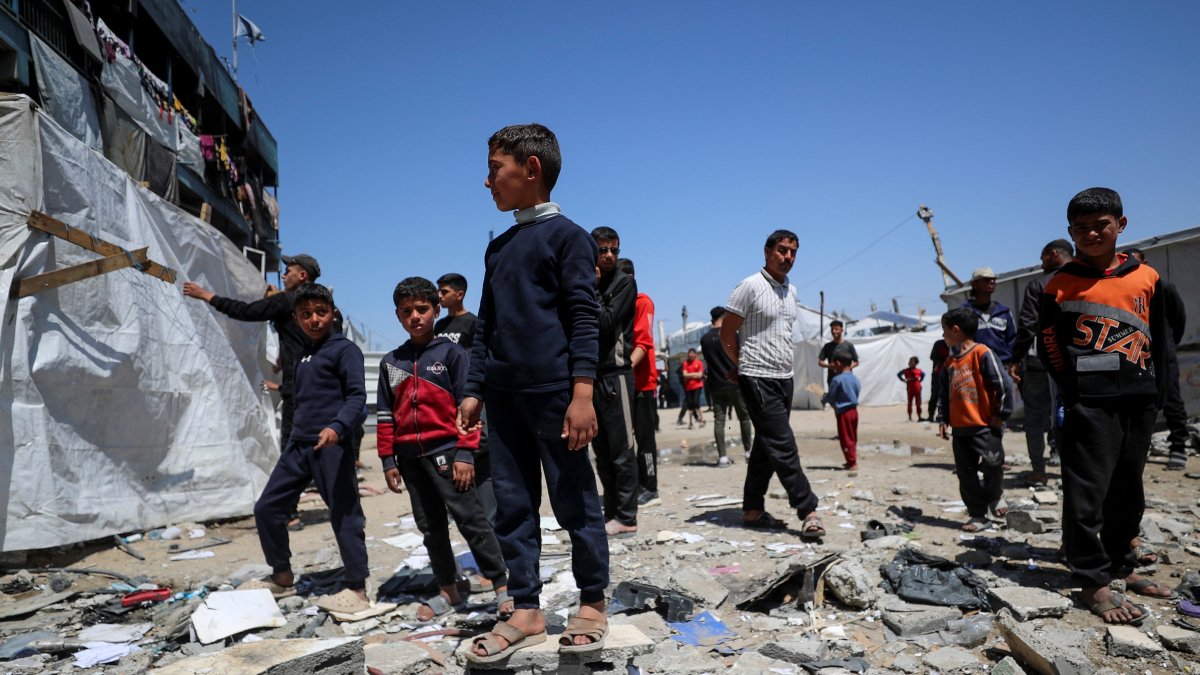




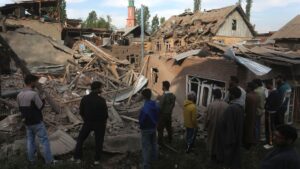
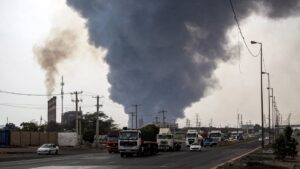





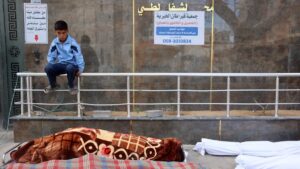



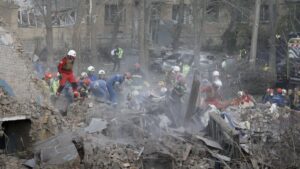





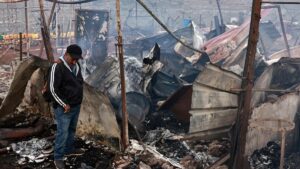
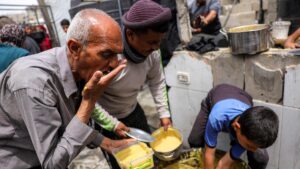



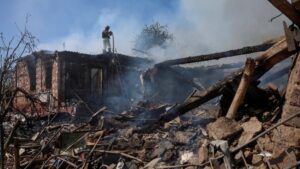

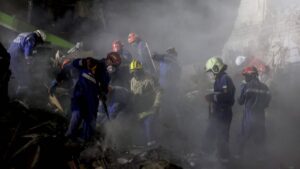

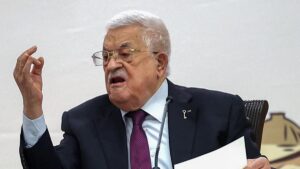
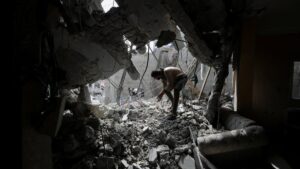

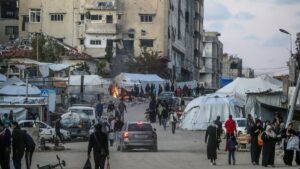




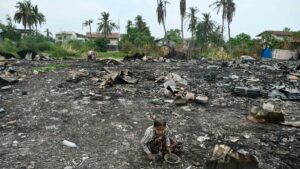











Be First to Comment